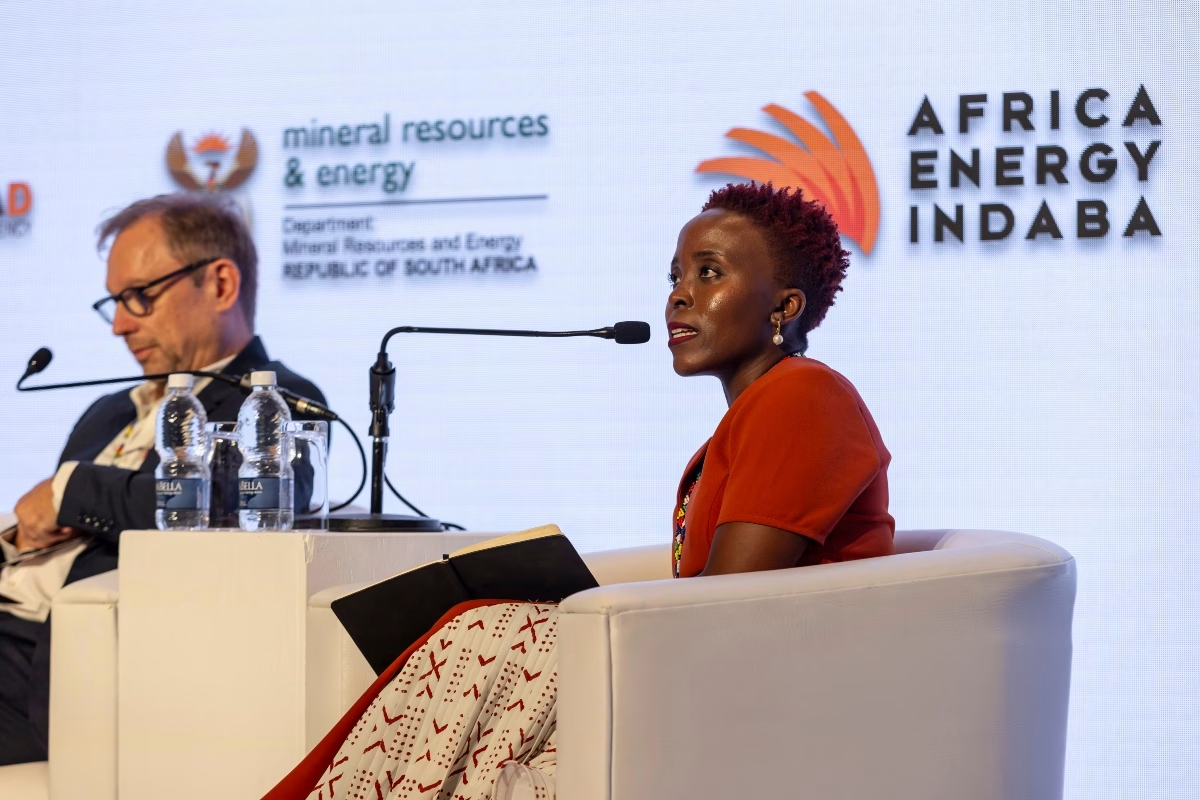By Elizabeth Wasunna, General Manager, AAR Healthcare
In Africa, an alarming 30 million children under the age of five suffer from vaccine-preventable diseases annually, resulting in over half a million tragic deaths, as reported by the World Health Organization (WHO)1.
Kenya, grappling with its own unique challenges, faces a concerning reality where one in three children under five is at risk of succumbing to these preventable diseases, according to UNICEF. The 2022 Kenya Demographic and Health Survey (KDHS) reveals that 20% of the country’s children remain unvaccinated, with only 38% of children aged 24–35 months fully vaccinated, according to the national schedule2.
The dire situation is further accentuated by diseases like pneumonia, the leading cause of death for children under five in Kenya. Inadequate vaccination coverage poses a severe economic threat, potentially pushing 24 million Africans into poverty due to the overwhelming financial burden of medical treatments.
These distressing statistics underscore that vaccination is not only a medical imperative but also a moral obligation and economic necessity. To address these critical gaps, Kenya must prioritise and invest in comprehensive vaccination programs. This entails not only the distribution of vaccines but also the development of infrastructure, training of healthcare workers, and raising awareness about the significance of immunisation within communities. Collaborative efforts between governments, the private sector, international partners, NGOs, and philanthropic organisations are pivotal to ensuring a sustainable and widespread impact.
Recognising the urgency, AAR Healthcare actively encourages parents to vaccinate their children, aligning with the Government of Kenya’s Universal Health Coverage objective of achieving and sustaining a 90% percent vaccination rate.
AAR Healthcare has committed to a vaccination campaign targeting individuals between six months and 18 years at the start of the school year. We plan to provide vaccinations against influenza, Hepatitis A, Meningitis, pneumonia, cholera, typhoid and the Human Papillomavirus across our 29 outpatient centres nationwide. The initiative will also raise awareness about the importance of vaccination within the communities we serve, particularly focusing on influenza — a highly contagious respiratory infection contributing to up to 650,000 global deaths annually, according to WHO4.
A holistic approach is crucial, laying the groundwork for a healthier, more resilient generation and contributing to overall community prosperity. The current state of childhood vaccination in Kenya demands immediate and sustained attention. By prioritising and investing in comprehensive vaccination programmes, we not only save lives but also pave the way for a more resilient, prosperous, and equitable future. The time to act is now, for the sake of our children and the collective future we envision for them.
References:
1 World Health Organization. Immunization. 2023
2 Kenya National Bureau of Statistics. Demographic and Health Survey. 2023
3 UNICEF. Universal Health Care in Kenya and Defeating Poverty through Immunization. 2028
4 World Health Organization. Influenza (Seasonal). 2023











